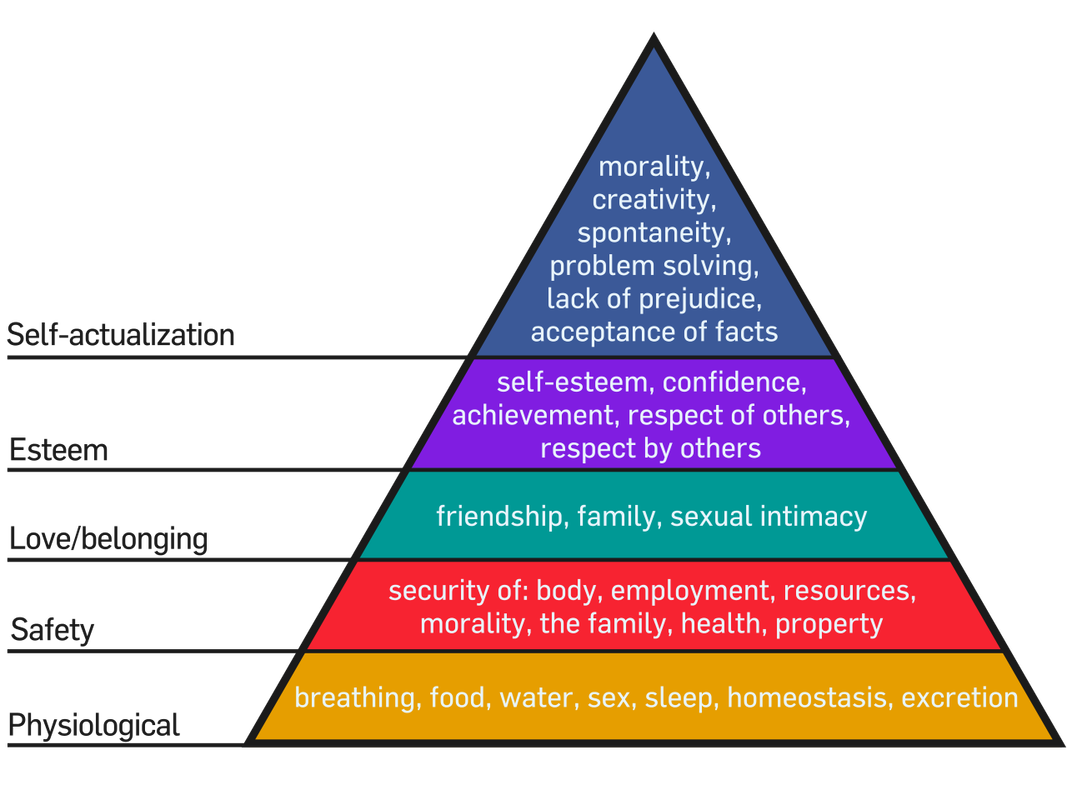Self Actualization: Definition, Needs, Examples, and TipsWhat is self-actualization and why do we have the need to become self-actualized? Maslow's hierarchy of needs tells us why and when self-actualization matters to us.
*This page may include affiliate links; that means I earn from qualifying purchases of products.
What Is Self Actualization? (A Definition)The idea of self-actualization comes from Maslow's theory of human motivation. In short, Maslow hypothesized that unsatisfied needs drive our behavior. Maslow proposed that once basic needs like food, water, and safety are met, we become motivated to meet others' needs, namely social connection and self-esteem. Once all these needs are met, we are finally motivated to pursue self-actualization. According to Maslow, self-actualization is about achieving our full potential. This might include things like morality, creativity, and problem-solving.
Self Actualization NeedsMaslow suggested that lower-level needs are 'deficit needs'. We need them to survive, so they take priority. However, self-actualization and beyond include 'growth needs'. Indeed, personal growth—or our ability to continue to grow and expand as a person—is considered to be a crucial precursor to well-being (Ryff, 1989). But what exactly are 'growth needs' and how do we meet these needs?
Are You a Therapist, Coach, or Wellness Entrepreneur?
Grab Our Free eBook to Learn How to
|
Are You a Therapist, Coach, or Wellness Entrepreneur?
Grab Our Free eBook to Learn How to Grow Your Wellness Business Fast! |
Terms, Privacy & Affiliate Disclosure | Contact | FAQs
* The Berkeley Well-Being Institute. LLC is not affiliated with UC Berkeley.
Copyright © 2024, The Berkeley Well-Being Institute, LLC
* The Berkeley Well-Being Institute. LLC is not affiliated with UC Berkeley.
Copyright © 2024, The Berkeley Well-Being Institute, LLC





